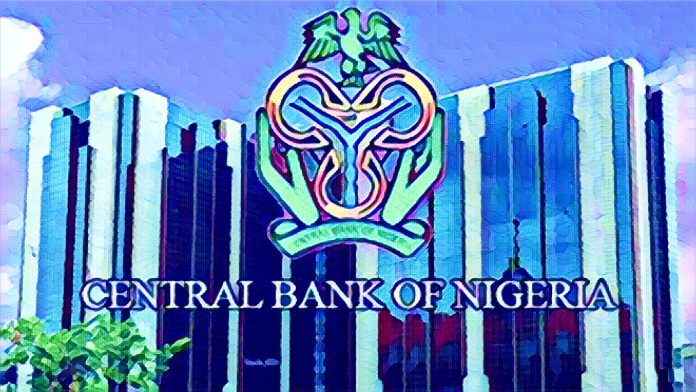KEY POINTS
- The economic experts forecast Nigeria’s economy will expand by 4.1 percent in 2025.
- Economic reforms will push Nigeria’s inflation rate down to 15 percent.
- Foreign capital investment worth $6 billion supported external reserve growth in 2024.
The Central Bank of Nigeria (CBN) forecasts Nigeria’s economy will expand at 4.1 percent in 2025 due to improvements in domestic oil output and government initiatives and refinery upgrades.
During the Nigeria Economic Summit Group (NESG) 2025 Macroeconomic Outlook launch the CBN Governor Mr. Olayemi Cardoso shared this prediction.
The Nigerian foreign exchange market reforms resulted in $6 billion of capital inflow throughout 2024 which enabled the elevation of external reserves to over $40 billion according to Cardoso.
The forecast showed total crude output reaching 2.3 million barrels per day by the middle of 2025 which would deepen Nigeria’s current account surplus.
Forecasters predict that inflation will move from its 2024 annual rate of 33 percent to 15 percent by 2025.
An expert analysis by Taiwo Oyedele at the Presidential Fiscal Policy and Tax Reforms Committee points to a “base effect” combined with stable fuel prices while enhanced foreign exchange stability drives projected 2025 economic growth.
NESG and world bank suggest paths to economic stability
Through its recommendations the NESG suggested that Nigerian officials should unite fiscal policy with monetary policy and trade policies to draw strategic investments which generate sustainable economic development.
NESG Chairman Mr. Olaniyi Yusuf emphasized that policy convergence should build an efficient regulatory framework and drive infrastructure development.
The World Bank sent a recommendation to the Federal Government to expand social intervention initiatives because these programs would reduce the adverse effects of reforms on vulnerable demographic groups.
The World Bank senior economist Samer Naji Matta advised governments to use fuel subsidy savings to fund expanded cash transfer programs.
The CBN reaffirmed its dedication to both price stability maintenance and investor confidence strengthening while establishing an exchange code to achieve transparent foreign exchange handling practices.



